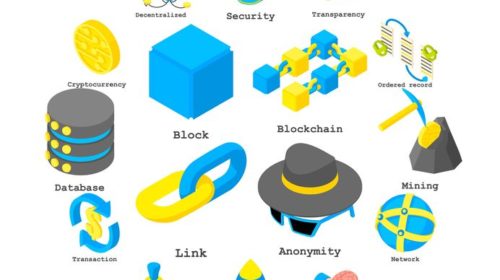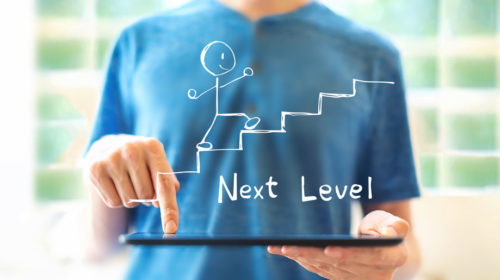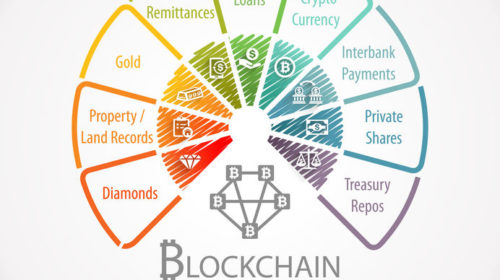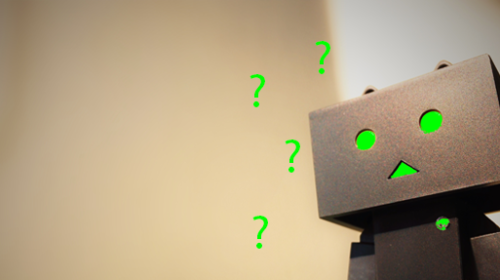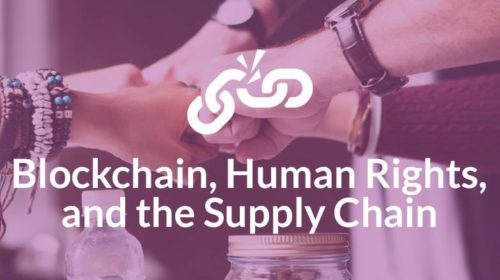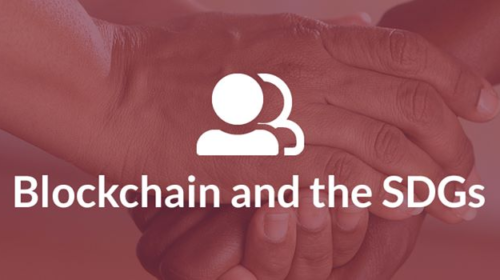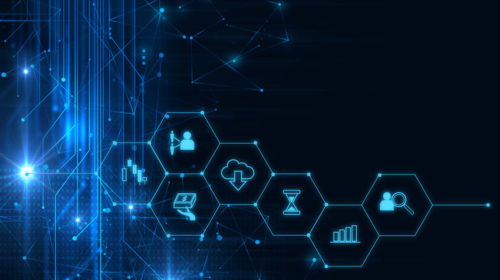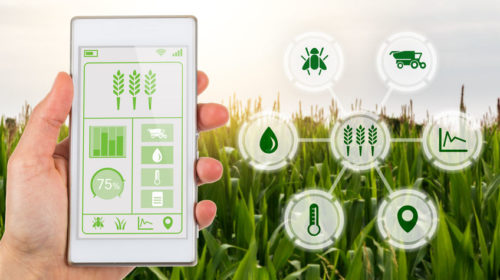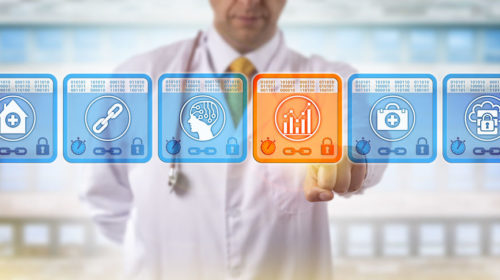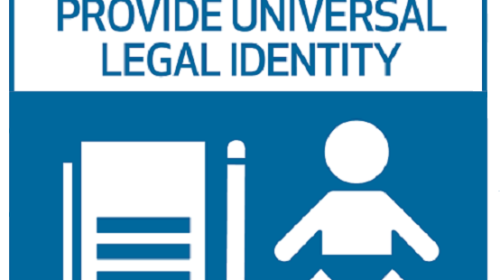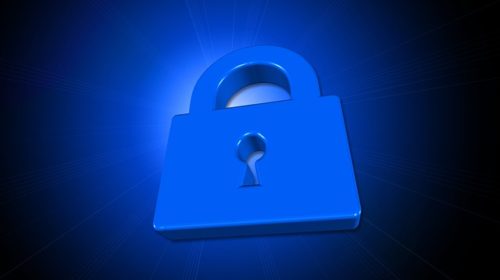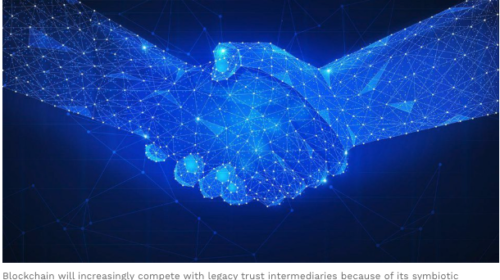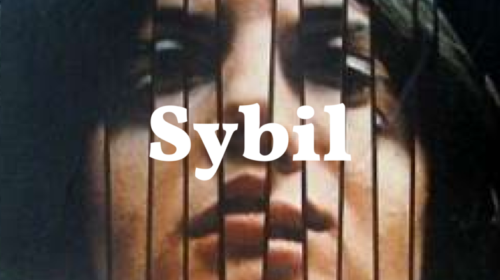In the education sector, digital identity, trust, transparency and provenance, immutability is all very important, especially when it comes to the requirements of factual data storing and sharing. While Blockchain-related work in the education sector is not as advanced as the Finance industry, it is clear that the Blockchain can be used effectively for permanently storing and securing certificates, degrees, mark sheets, awards and achievements. It can also be used for payments and funding between students and other key players in the industry. Furthermore, the use of Blockchain Smart Contracts…
Blog
Blockchain – Properties
Trust “There is one thing that is common to every individual, relationship, team, family, organization, nation, economy and civilization throughout the world — one thing which, if removed, will destroy the most powerful government, the most successful business, the most thriving economy, the most influential leadership, the greatest friendship, the strongest character, the deepest love. On the other hand, if developed and leveraged, that one thing has the potential to create unparalleled success and prosperity in every dimension of life. That one thing is trust.” The speed of Trust, by…
Blockchain – Challenges
While Blockchain is not necessarily the solution for every company and every problem, it still remains underutilized for many use cases. During the 2019 Blockchain Congress Geneva, Toufi Saliba ( 2019) presented that less than 0.2% Global Adoption Over 99.8% are still excluded, and he listed five problems related to the necessary Security, Efficiency, Confidentially Scalability and Interoperability. He explains further that ledger-based Blockchains fall short in providing true decentralization of power resulting in network forks or increased risks of 51% attacks”. Size of the network is vital, because if…
Blockchain for Supply Chains
Supply chain use cases for Blockchain apply from the origin of monitoring and verification of manufacturing or production, Inventory management & asset tracking, vendor payments to regulatory audit & security functions and its application to the food, pharmaceuticals, automobile and several other industries. In today’s world, supply chain involves large networks of disparate partners that need to manage through complexity of diverse digital distribution models and global networks. The Blockchain technology is ideally suited for establishing a shared, immutable record of all the transactions that take place within a network,…
Blockchain and Use Cases for the SDGs
With the advent of Blockchain technology and its potential to disrupt the way the world has been doing business for many centuries, there is an intense amount of gossip and buzz and an ocean of online literature on the topic. The blockchain revolution is considered analogous to the internet revolution in 1994 but at the same time a diverse and a large population in the developed and developing world, alike, do not even know if there is something called Blockchain, let alone what it really is or going to be,…
Blockchain for Governments
While some government officials are still in a wait-and-see mode, others see significant advantages in moving ahead now with what they see as immediate solutions and innovative technology implementations that may pay off in the long run. There are many examples of use cases across countries including: the European Union (EU – anti-counterfeiting), Estonia (Digital Government), US (FDA, DHS, HHS, GSA – security, anti-counterfeiting), China (Payments), India (Payments, Land Registry), Switzerland (Identity), Denmark (Voting), Dubai (Digital Government), Georgia (Land Registry), Gibraltar (Stock Exchange), and many more (Woods, 2018). Besides these…
Is e-Estonia Built on Blockchain Technologies? [Fact Check]
Author: Laura Marissa Cullell Or is there more to it? e-Estonia is commonly touted in the Blockchain community as a digital republic that utilizes blockchain technology. It is viewed as a haven for EU start-ups, with their e-residency model spread far and wide as a prime example for technological progress. My MA thesis research on Blockchain and the Sustainable Development Goals took me down the rabbit hole on e-Estonia and I found out that e-Estonia, is in fact, not technically on blockchain. So how did we get here? This article will provide an in-depth…
Blockchain, Human Rights, and the Supply Chain
By: Laura Marissa Cullell Marketing & Operations Officer How much do you know about the products you use or buy on a regular basis? Or where your cell phone parts come from? What about the people who made them? Or What materials were used and wasted? The journey of a product is long and vast, and goes through several distributors, third parties, storage facilities, suppliers that handle anything from design, to sales, and productions. A product passes through so many different stages, and hands before making it onto store shelves. It’s…
Blockchain and the Sustainable Development Goals
By: Laura Marissa Cullell Marketing & Operations Officer Can technology progress human rights? Provide humanitarian aid? Help combat Climate Change? Address issues of identity, trafficking, and provide access to food? The answer to these questions is yes. And Blockchain is a fantastic space to explore these issues right now. In the last article of our series on Unique and Interesting Use Cases for Blockchain, I explore some of the applications of blockchain to achieve the UN Sustainable Development Goals. Part I explored just some of the use cases of this innovative tech in…
Blockchain and Fintech
Various reports and the number of Blockchain use cases implemented suggest that the financial sector stands to gain the most from Blockchain-based service implementations. Some of the many use cases discussed below are to highlight only the most obvious use cases. Trade Finance In trade finance Stock and Share sale and purchase transactions that can sometimes take two to three day are made through brokers and exchanges for clearing and settlement it requires tedious processing through paper and electronic media. Each party including middlemen maintain their record of transactions or…
Blockchain and Agricultural Transformation
Food Safety is of vested interest for both producer and consumer and to achieve that it is important to have the traceability of provenance for knowing if it is fresh and exactly where it comes from, who grew and processed it. This could also help in preventing fraud, false labelling, redundant middlemen, reducing transaction costs and overcoming some challenges of logistics, especially related perishable food items with shorter shelf life. Sam Mire (2018) mentioned that “linking agricultural shipping and monitoring processes using a shared, decentralized Blockchain ledger adds value to…
Blockchain for Health – SDG 3 and SDG 9
During the recent years we have seen a significant growth of Electronic Medical Records (EMR), mainly driven by legal compliances, need for efficiency and cost-effectiveness and above all proven effective for providing quality care by using the data for preventive medical care. in various parts of the world. To provide proper and timely treatment to a patient (conscious or unconscious) anywhere, availability of patient’s EMR prove to be extremely important. EMRs need to be swiftly and seamlessly accessible to the health care providers at the time of need. Patients may…
Digital Identity – SDG 16.9: Providing legal identity for all
Use cases related to Digital Identity are foundational for the success of most if not all use cases directly and will contribute towards SDG 16.9, i.e. “providing legal identity for all, including birth registration”. We have the right to be recognized as a person before the law. It is our universal human right[1] to be able to prove who we are in trusted and reliable ways while maintaining our privacy and security of data. Use cases for Digital Identity will benefit all SDGs. The SDG 16, indicator 16.9 says that…
Data Privacy
The Merriam-Webster defines privacy as freedom from unauthorised intrusion. Data privacy is not necessarily about secrecy or having something to hide. It is about control related to the use and disclosure of data (Cavoukian, 2017); the capability to choose whether the information is disclosed to others and determine how it is used, as mentioned by Steven T. Snyder (2019). Snyder also added that “The highest degree of privacy for an element of information would be if its owner had complete control over its dissemination and use for as long as…
Blockchains and Trust
“There is one thing that is common to every individual, relationship, team, family, organization, nation, economy and civilization throughout the world — one thing which, if removed, will destroy the most powerful government, the most successful business, the most thriving economy, the most influential leadership, the greatest friendship, the strongest character, the deepest love. On the other hand, if developed and leveraged, that one thing has the potential to create unparalleled success and prosperity in every dimension of life. That one thing is trust.” The speed of Trust, by Stephen…
What’s a Sybil Attack & How Do Blockchains Mitigate Them?
31 AUGUST 2018, BENNETT GARNER A Sybil attack is an attempt to control a peer network by creating multiple fake identities. To outside observers, these fake identities appear to be unique users. However, behind the scenes, a single entity controls many identities at once. As a result, that entity can influence the network through additional voting power in a democratic network, or echo chamber messaging in a social network. The United States’ recent trouble with Russian election influence via fake accounts on social media is an easy-to-understand example of a…
As the Blockchain Hype Dies, Why Should We Care About Practical TestNets?
Joe Liebkind 03/03/2019 Blockchain News, Crypto, News, Opinion The blockchain era has largely been defined by grandiose promises and ambitions, but little to show for it. For most companies, even those that successfully complete ICOs, we usually hear loud guarantees of life-changing and revolutionary technology. In the end, however, these “game-changers” end in the same place most others do, the dustbin of history. Reports of a vast majority of blockchain projects fizzing out or simply vanishing have become common, and those applications still around are forced to shoulder the burden and standard of the industry. In this…



